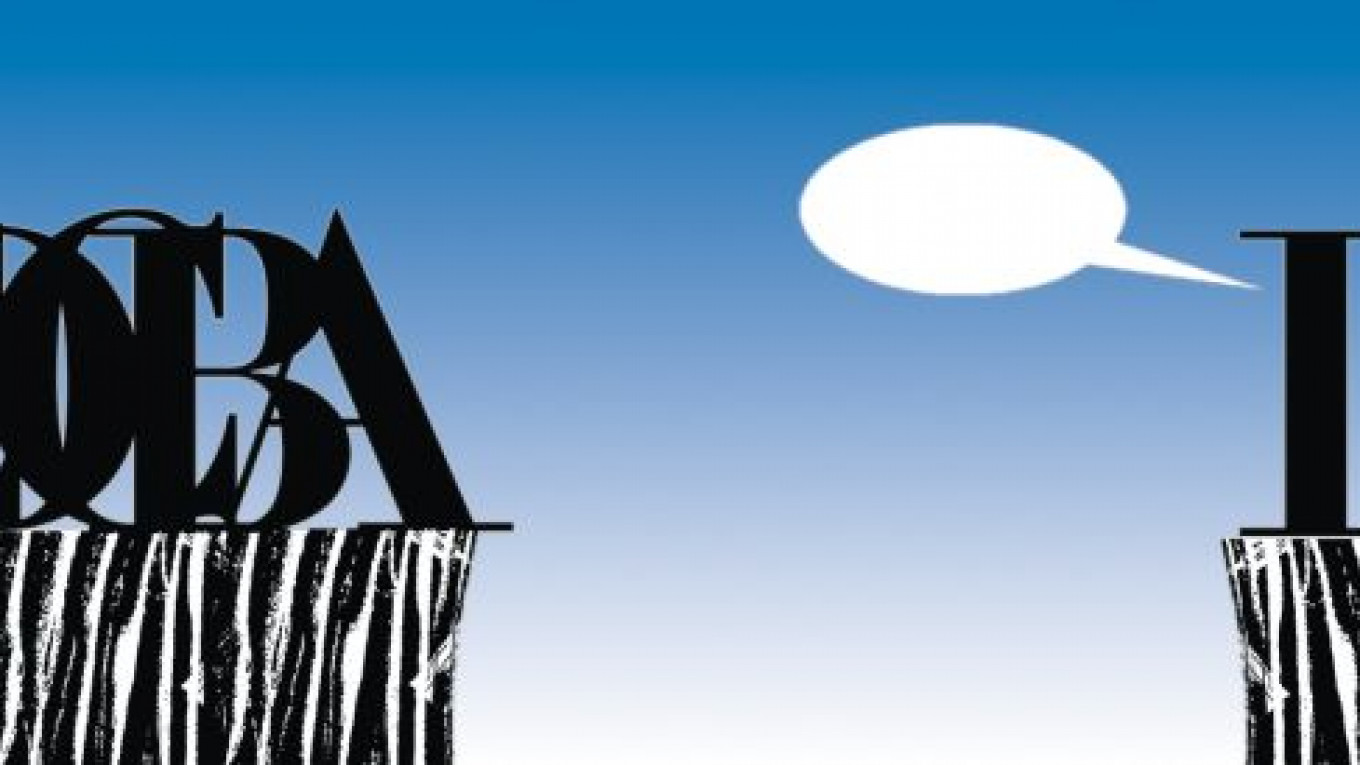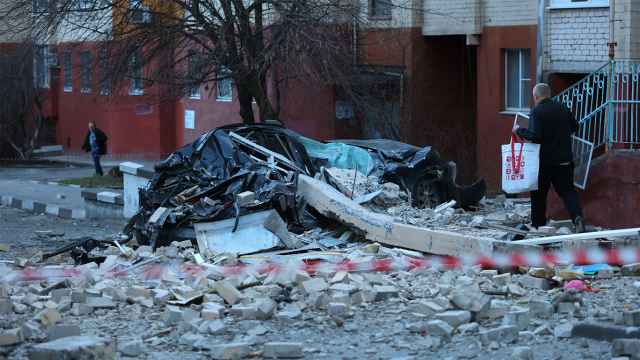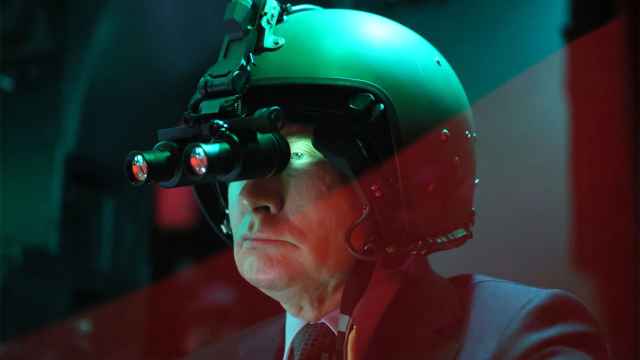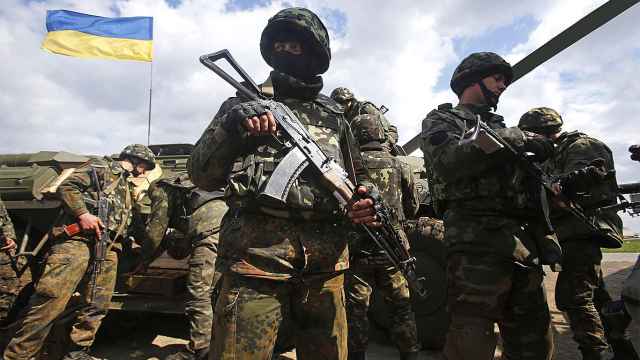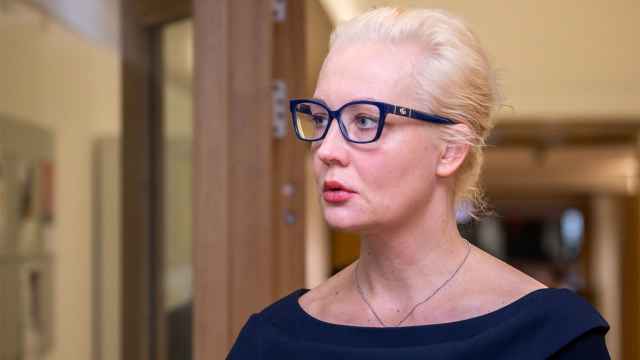Whose fault is it that the Boston Marathon was bombed? Is Russia to blame for 250 years of trying to incorporate the Muslim North Caucasus nations, like the Chechens and Dagestanis, first into the tsars' Russian Orthodox Empire, then into the Soviet Union and now into President Vladimir Putin's all-controlling Russian state? Or is radical Islam the only explanation we need, both in Russia and the West?
The attack by Tamerlan and Dzhokhar Tsarnaev has invariably elicited comparisons to the Saudi-born terrorists who struck the U.S. on Sept. 11, 2001, or to the Pakistani immigrant Faisal Shahzad, who attempted to set off a car bomb in Times Square in 2010. Others have suggested that the 26-year-old Tamerlan, an ethnic Chechen, may have witnessed the Russian war in Chechnya of 1999, or Russia's brutal efforts to pacify insurgent fighting in the North Caucasus. Overwhelmed by the Russian Army's ruthlessness, it is said, he and his teenage brother chose to spread the violence to U.S. soil.
The problem with this explanation, of course, is that the Tsarnaev brothers were from Kyrgyzstan. They never lived in Chechnya, and only briefly passed through Dagestan in the early 2000s. Their ties with the region are those of the diaspora. Chechen President Ramzan Kadyrov, a former rebel, immediately said the brothers had nothing to do with his republic.
When suspected terrorists are Muslim, they are considered agents of a larger conspiracy.
Dzhokhar, now 19, was only eight years old when the family moved to the U.S., settling in Cambridge, Massachusetts. By many accounts, he was a reasonably well-adjusted American immigrant. He recently began to identify with his religious and ethnic origins, and was experiencing academic difficulties at university, but he was well versed in multiple U.S. subcultures.
Tamerlan, a boxer almost good enough to turn professional, was married to an American Christian woman who converted to Islam and became observant with her husband. Patimat Suleimanova, the Tsarnaevs' aunt in Dagestan, explained that her older nephew never prayed before he went to the U.S. at age 16. "He didn't even know what Islam was," she told CNN. In her view, Tamerlan's radicalization was made in the United States.
Essentially, the young men's stories are not so different from the United States' home grown "lone wolves," typically white and equally disenchanted, who have so often shed blood in the U.S. The difference is that white men are not collectively blamed for the atrocities. Adam Lanza in Newtown, Connecticut, or James Holmes in Aurora, Colorado, are not viewed as part of a "suspicious" religious or ethnic group. Even when non-Muslim white men launch explicitly terrorist attacks — for example, Oklahoma City bomber Timothy McVeigh, who murdered 168 people in 1995, or the "Unabomber" Theodore Kaczynski — their offenses are typically regarded as isolated law-enforcement issues, not as terrorism.
By contrast, darker-skinned terrorism suspects, especially Muslims, are considered agents of larger conspiracies that require military involvement and justify human rights violations. The initial call by various U.S. congressmen to prosecute Dzhokhar as an "enemy combatant" is a case in point. Never mind that Tsarnaev is a naturalized U.S. citizen, and thus cannot be tried by military tribunals, or that he was captured on U.S. soil, not on a battlefield.
To President Barack Obama's credit, Tsarnaev will be tried in a civilian court. But that has not altered Americans' tendency to generalize invidiously about peoples and countries. Indeed, so rapid was the vilification of Chechens that the Czech Republic's ambassador to the U.S. felt compelled to issue a statement aimed at preventing any confusion among Americans about his country's involvement.
In Russia, too, the fallout is pernicious. The Tsarnaevs' attack superficially appears to justify Putin's nationalist politics in the North Caucasus and to lend credence to his argument that Russia's two wars against Chechen independence — from 1994 to 1996 and in 1999 — were waged in the name of national security. In this sense, the Boston bombings have been a diplomatic gift to him.
But just about the only thing that seems clear about this murderous affair is that utterly alienated young men of any religion or ethnicity might suddenly rebel violently. Dzhokhar Tsarnaev's reluctant rejection of the materialistic American life — even after the bombing, he continued to tweet, attend campus parties and go to the gym — appears to have been consolidated by what indeed could have been his older brother's resentment of Putin's brutal reassertion of control in the North Caucasus.
In that case, however, the Boston bombings appear to present a paradox. While the Tsarnaev brothers may have objected to the supposed vanity of the secular state, there is another sense in which they might be right that Russia and the West are not so different from each other. Just as Russia must deal with a growing wave of fundamentalism that its own policies have fueled, the summary condemnation of Muslims in America will breed more alienation and retribution from within.
After all, the attacks on the Madrid train system in 2004 and on London's public transport system in 2005 were not carried out by Saudi or Taliban immigrants, but by young men born and raised in Spain and Britain. For years afterward, the U.S. was held out as an exception — a country in which young men, whatever their background, felt truly at home. The Boston Marathon bombings, like so many acts of mass violence in the U.S., should retire that view once and for all.
Nina Khrushcheva, author of "Imagining Nabokov: Russia Between Art and Politics," teaches international affairs at The New School and is a senior fellow at the World Policy Institute in New York. © Project Syndicate


